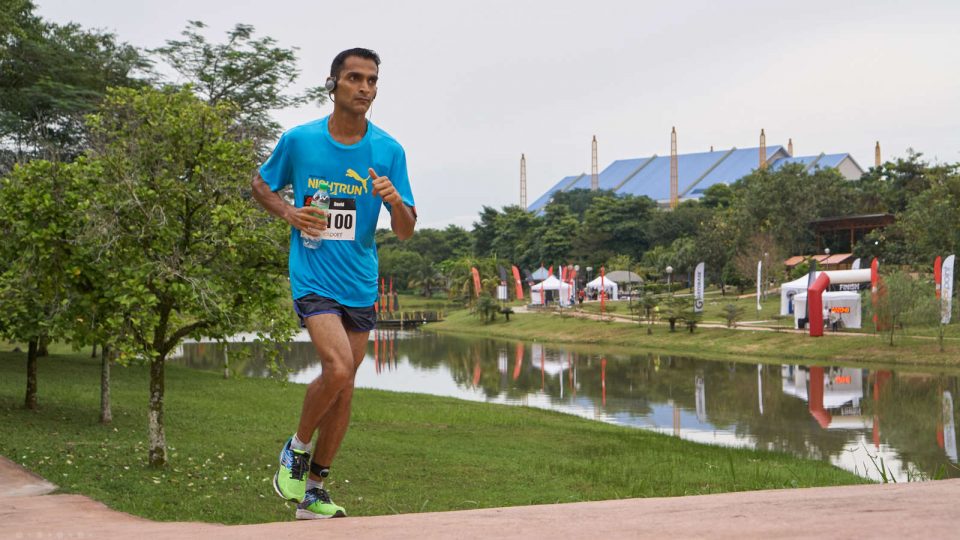For David Christopher, being the first Malaysian to finish the Spartathlon is another milestone added to his running resume. “To the best of my knowledge, only three Malaysians —including myself—have ever been eligible to attempt this race,” he confides.
Upon arriving in Athens for the event, he joined only 369 international runners seeking glory by surviving a 246km race that’s been staged annually in Greece since 1983, between Athens and Sparta! We had the privilege of interviewing this newly-minted sports legend.
RS: How and why did you get into running?
David: I was in my late 20s—and while I did some strength training and played football, badminton and squash with mates, running wasn’t on my radar until I heard about SCKLM 2011. I decided to tackle a full marathon and trained hard. But I faltered midway on the course, barely meeting the event’s cut-off time. My finish did nothing for my ego as I watched older, fatter guys and female runners breeze past me! I was so humbled, I resolved to work harder.
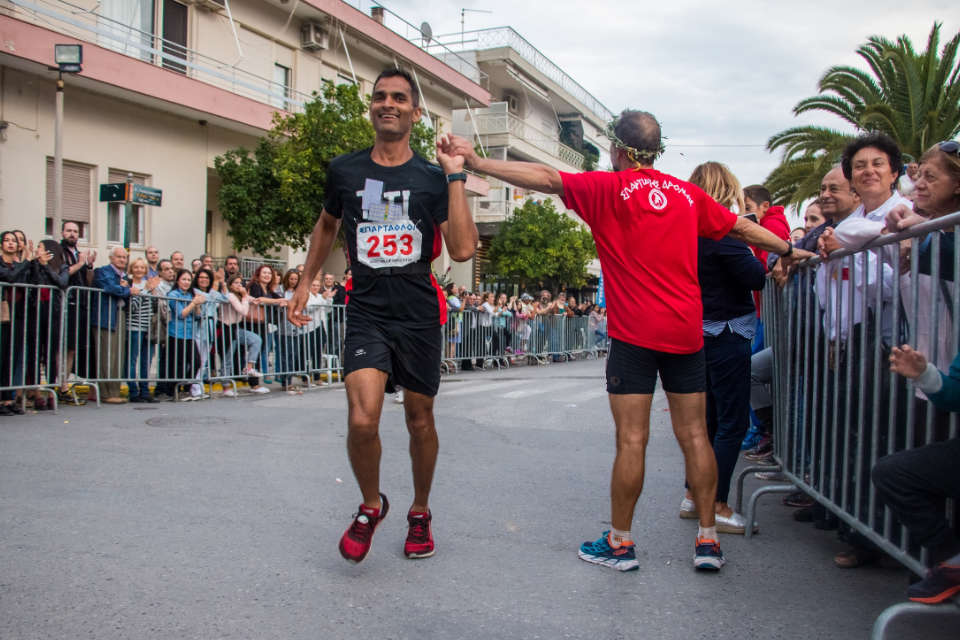
RS: How and why did you transition from standard marathons to ultras?
David: After running standard marathons for three years and finishing in the 3.5-hour range, I decided I could handle more. Not only was I physically ready for bigger challenges but I was mentally ready, too. I signed up for my first ultra in September 2013 (Singapore’s Sundown Ultramarathon), registering in the 100km category.
RS: How did you fare?
David: Not well. I thought I was ready but I wasn’t. I made many mistakes and was forced to quit at the 50km mark. I really messed up on two fronts: hydration and nutrition. Lessons learned!
RS: How often do you run an ultra?
David: I usually schedule one every 2-to-3 months, but in the lead up to the Spartathlon, I added local ultras to my schedule—as many as I could fit in—upping my capacity from one every 2-to-3 months to an ultra every 2-to-3 weeks.
RS: What was your most memorable race and why?
David: The 2017 Titi Ultra 100km [staged in Kuala Lumpur in March 2017]. I had competed in both the 2015 and 2016 editions and didn’t perform well. In 2016, I got overheated and quit at the 50km mark. This year, I won! It proved one of the hardest, most competitive road ultras in Malaysia, but I was so proud of myself because I had planned, prepared, executed and accomplished what I intended to do to win this event.
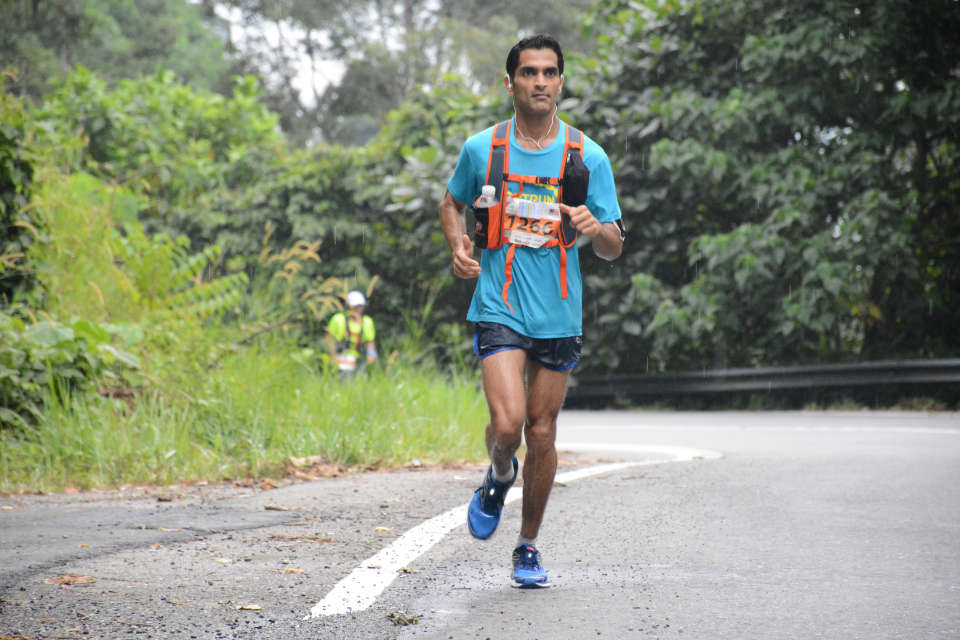
RS: As the only Malaysian athlete at Greece’s 2017 Spartathlon, how did you prepare?
David: I created a spreadsheet detailing my running workout and conditioning schedule. My 14-week plan included distances and types of runs (Long, Tempo, Recovery, Uphill, tune-up races, etc.). The first five weeks were devoted to pace and moderate mileage increases. For the next seven weeks, I got as much mileage as possible under my belt without worrying about my pace on morning and evening runs.
RS: The Spartathlon is an epic race. What motivated you to take the risk?
David: I had nothing to lose so I ran a qualifier of 186.9 km in a 24-hour timed ultra-run in Selangor in late January 2017. That finish convinced me I was ready.
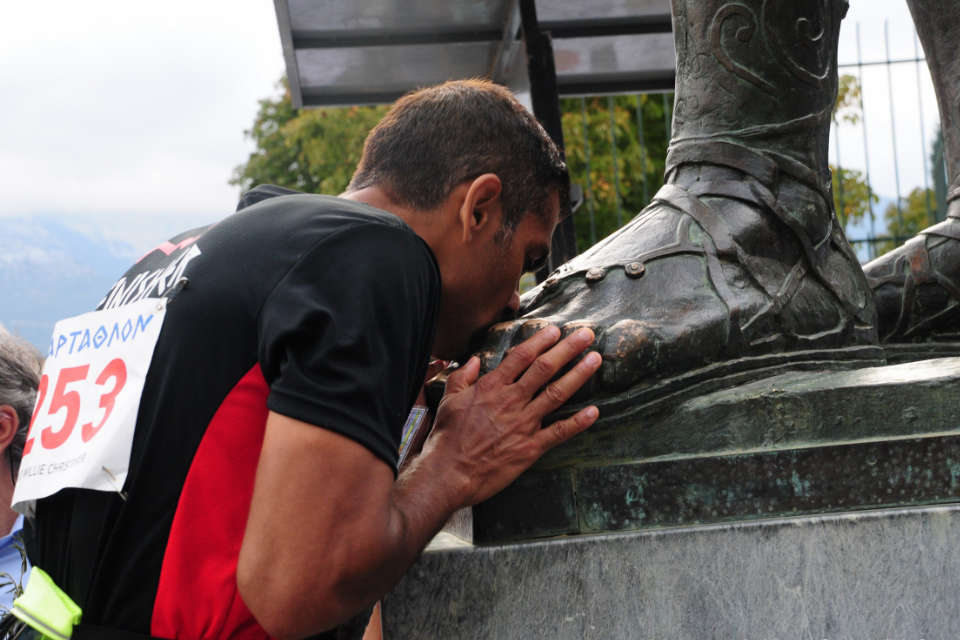
RS: Were you attracted by the prestige or the experience that awaited you in Greece?
David: Some of each—plus who doesn’t want to make history? The steep qualification requirements are nothing compared to the race itself. There are 75 checkpoints and cut-off times are so strict, if I had arrived late to one, I would have been out! Daytime temperatures averaged 30°C but nights drop as low as 4 °C, so if I didn’t feel well at any time, I’d have had no opportunity to regroup, rest and move on.
RS: How does a runner know that he or is ready to run an ultra—or do you believe everyone can do it?
David: Honestly, I don’t think anyone can be ‘ready’ for their first ultra marathon. Unlike other athletic events, there are no opportunities to run full courses to prepare. The later stages of an ultra are unchartered waters for newbies and there is no working around this. I would advise those interested in attempting ultras to get a few full marathons under their belts, focus on higher mileage training and go for it.
RS: How did you divert your mind when you ran in Greece?
David: I always do math in my head so I know when next to eat, drink, take a walking break or assess the nearest check points or milestones. Those calculations also included keeping track of my pacing: I needed to be aware of when I had to slow down or quicken my pace. To keep my mind occupied with something outside of this race, I would keep track of points where the distance remaining is the same as the distance of an ultramarathon that I had completed before.
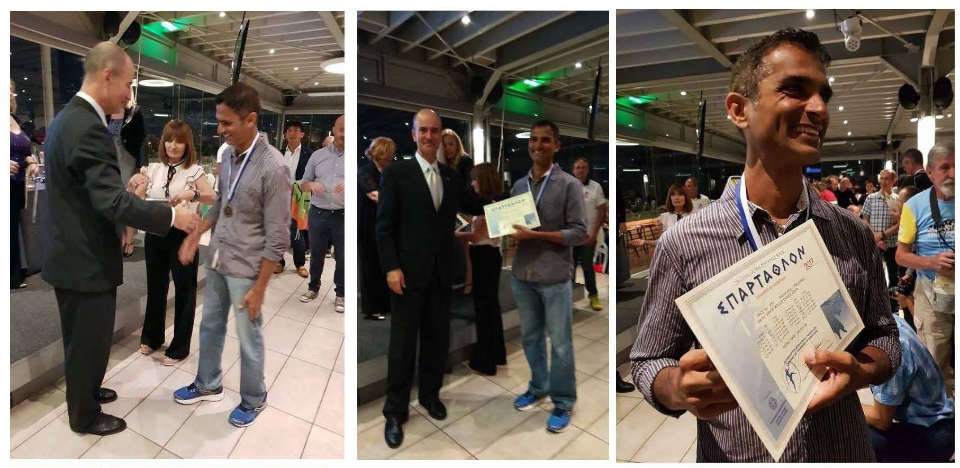
RS: What else occupied your thoughts?
David: Keeping tabs on runners ahead of me and calculating the distance between us. I admit also to thinking about the meals with which I planned to reward myself after the race. During weeks leading up to Spartathlon, even my diet was Spartan!
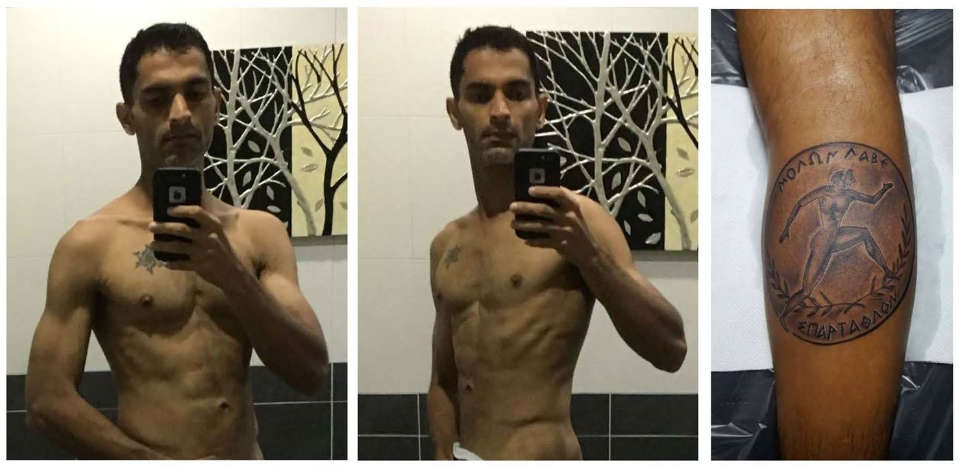
RS: Do you have a favourite quote or motto that you live by?
David: The first is “Go big or go home”; the second is “You miss 100% of the shots you don’t take.” When making decisions about everything in my life, I imagine what the 100-year-old version of me would decide. The answers are usually proactive, harder, bigger, bolder, out-of-my-comfort-zone options!
Do you agree with David Christopher when he says that there’s no way a runner can prepare for an ultra?
To read David’s race report for the Spartathlon 2017 246km, you can visit here.


